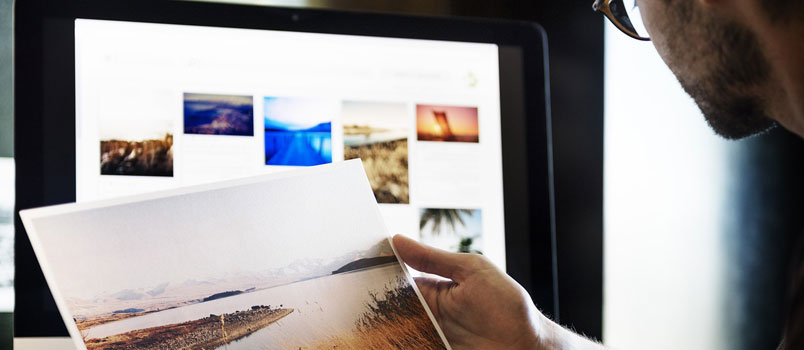When you’re a photographer, it’s nice to have the option to shoot indoors or in a studio. You’re able to control all the elements and have to deal with fewer unknowns.
Working outdoors is a different matter. Nature, weather, and dozens of other uncontrollable factors mean you’d be smart to be prepared for anything.
Six Tips You Should Consider
Whether you’re an amateur photographer shooting for pure enjoyment, or a professional equipped with thousands of dollars of professional gear, it’s imperative to regard weather conditions in the great outdoors with a sober eye. Here are some suggestions.
– 1. Purchase Weather-Sealed Gear
These days, there’s plenty of quality weather-sealed gear on the market. If you plan on shooting outdoors on a regular basis, it’s smart to invest in cameras and lenses that are designed for use in extreme conditions.
They’ll cost a good bit more, but you’ll find this is more cost-effective in the long run. (Consider the fact that you won’t have to replace a lens or take a camera in for repairs after you’ve done a shoot in the rain.)
– 2. Invest in a Quality Camera Bag
The right camera bag also can make a world of difference. Not only will it keep your camera and attachments properly protected from the elements, but it also eases the effort to organize and get access to your gear. When you’re shooting outside in a largely uncontrolled environment, efficiency is paramount.
– 3. Always Carry a Tarp
You never know when a rainstorm may pop up out of nowhere. In order to stay protected from the elements, it’s smart always to have a tarp on hand.
A lightweight tarp should provide enough coverage to keep larger gear protected from the elements during a temporary storm. It’s sturdy enough to do the job, yet compact enough that it can be folded up and stored when it’s not in use.
– 4. Don’t Pack Up Wet Gear
“Moisture is one of the worst things for camera gear, and the last thing you want to do is put your wet camera body and lenses in a bag and close the lid tightly,” PhotographyTalk explains. “The humidity inside the bag will be ripe for creating problems with your camera’s sensor, mirror, and your lenses.”
Before packing up gear that may have gotten wet, use a cloth to get the equipment as dry as you can. Keep silica packs on hand and place them inside your bags.
You should also leave the bag partially unzipped to allow any remaining moisture to escape. When you get home, remove the equipment and air it out for a few hours.
– 5. Be Smart About Lens Changing
It’s not just rain that can have a negative impact on your gear. You also have to think about windy conditions. Dirt and dust are a nightmare to deal with … particularly when it comes to your lenses.
Avoid changing lenses in windy conditions (or at least try to limit the number of times you switch them). When a lens change is necessary, try to do it inside a vehicle or behind cover. This lowers the risk of dust or dirt becoming trapped between the lens and the camera sensor.
– 6. Give Your Equipment a Break (in Hot Weather)
Cameras and other gear should be kept as cool as possible. If you find yourself shooting in hot temperatures (90 degrees Fahrenheit or greater), be aware of how it could be affecting your equipment.
The average camera has a high-end temperature around 115 degrees. If you leave it out in direct sunlight during extreme temperatures for more than a few minutes, the internal heat level can far exceed the ambient temperature.
Remember to take regular breaks from shooting. If you have a vehicle or indoor space nearby, seek shelter every so often to let your equipment cool down. If shooting time lapses in extreme temperatures, some sort of protective covering may be necessary.
Always Plan Ahead
Although weather forecasts have been known to change in minutes, you’re far less likely to find yourself in a bad situation if you take the time to plan ahead. Keep an eye on the forecasts and stay aware of the typical conditions in the area where you’ll be shooting.
It’s smart to keep certain items on hand, regardless of what your weather app tells you. Being over-prepared will save you from making costly mistakes that damage equipment and hurt your relationship with clients.

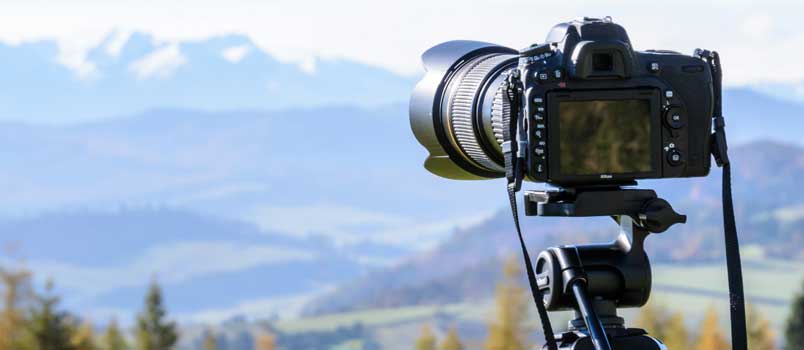

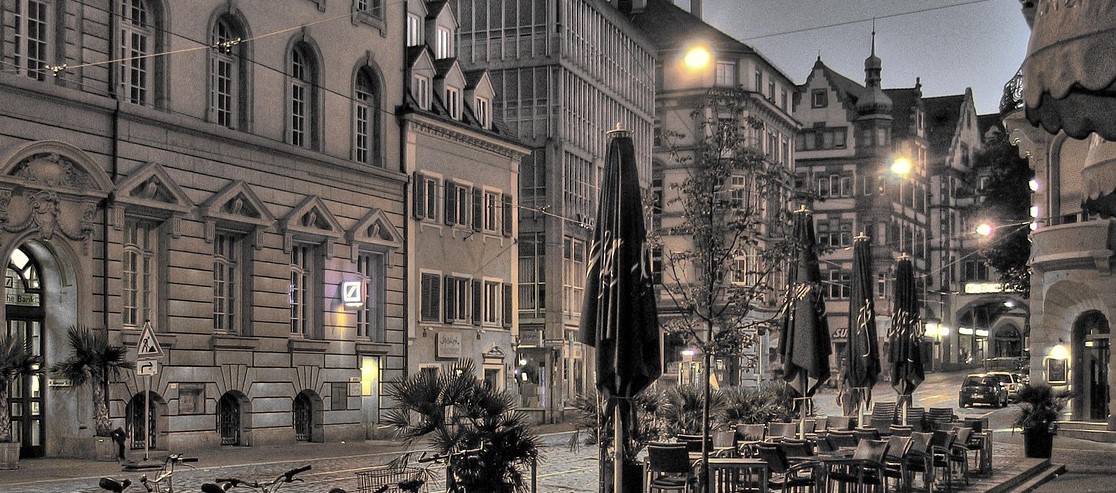


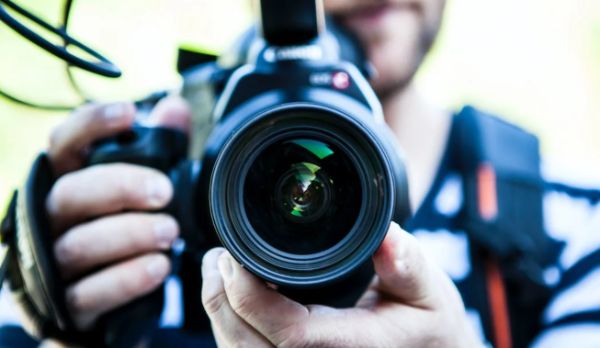
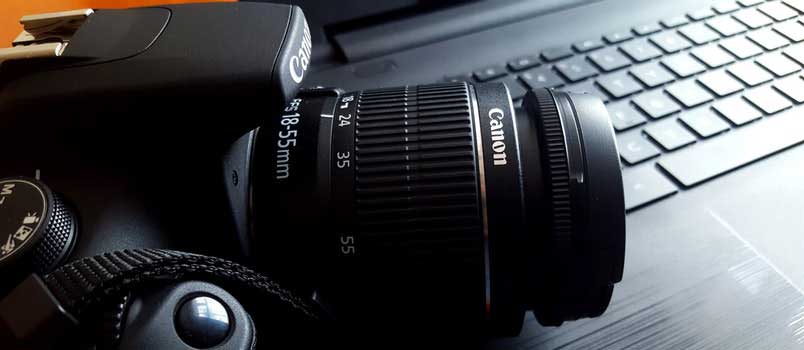
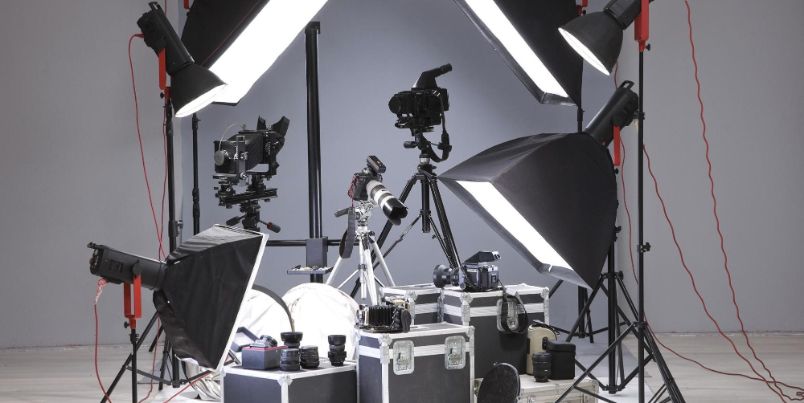


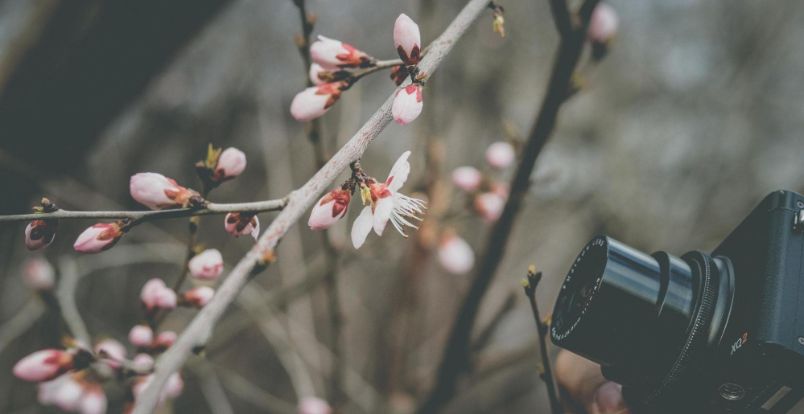





![How To Start A Photography Business [2022 Beginner’s Guide]](https://designbeep.com/wp-content/uploads/2021/03/image4.jpg)

